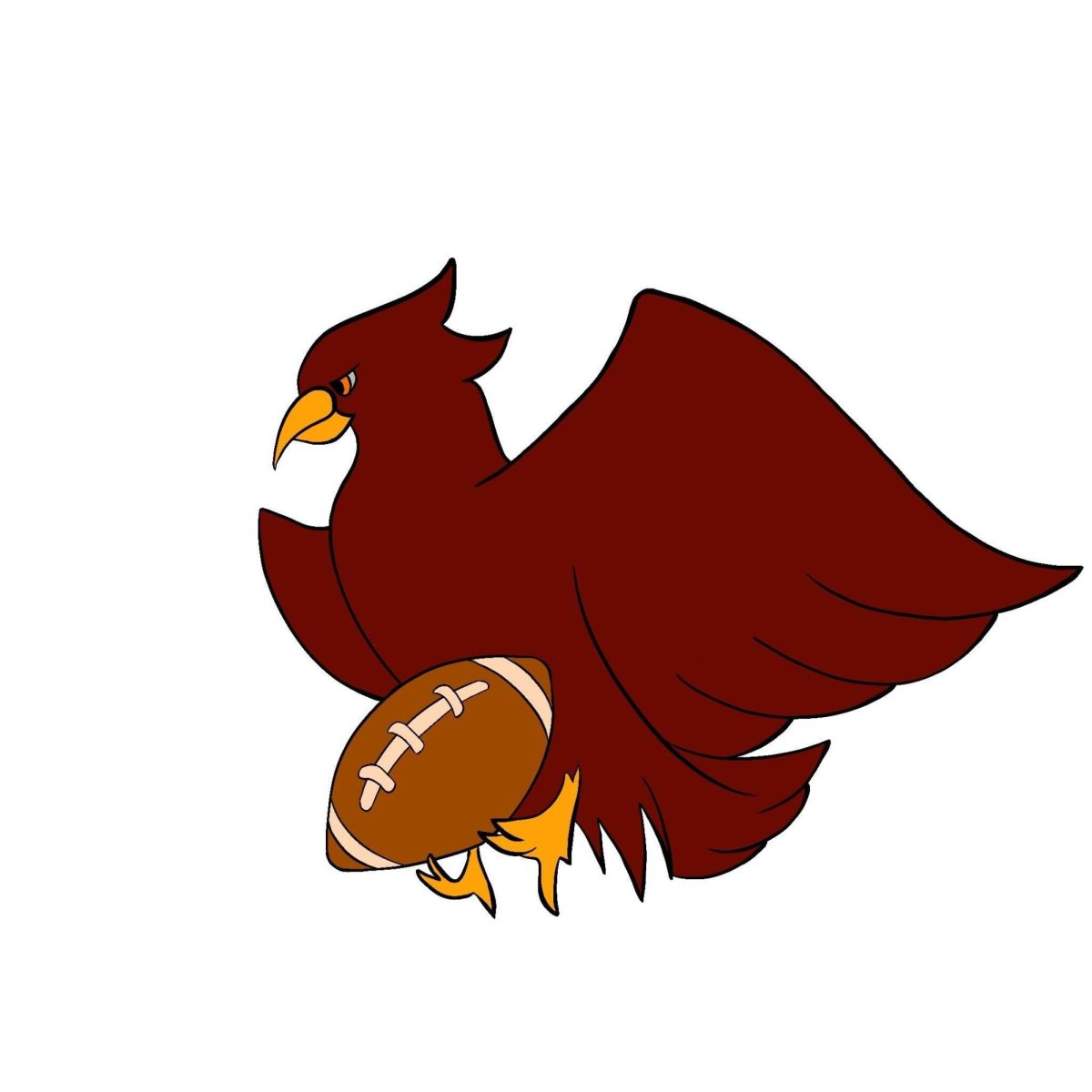They say you never really know yourself until you’re hurtling through the lower atmosphere on the seat of a standard household cleaning device.
Since James and Lily’s only son first climbed aboard his Nimbus 2000 in The Sorcerer’s Stone, that idea has resonated in the hearts and minds of dreamy Muggles worldwide. Yet for all of J.K. Rowling’s efforts to glorify it, Quidditch has remained a solemn monument to the limits of the human existence, as inaccessible as ever after nearly 10 years.
An athletic endeavor as elusive as the Golden Snitch whose capture it entails, Quidditch is the ultimate post-childhood letdown. The youngster in San Pedro de Macoris who insists that all his friends, family, and teachers call him “Pedro” in the hope that one day he too will hurl darts from the mound like his idol; the young Hoosier who rains jumpers, set shots, and layups upon his backyard hoop in a dusty gravel driveway long past sundown; and the kid in São Paulo who spends hours knocking his tattered football against a wall all harbor hopes of continuing in adulthood the game that so occupies their youth. And as unrealistic as their goals may be, a select few will assuredly one day reap the fruits of their labor.
But what happens, then, to the child who spends his youth yearning to dart through the dusk in pursuit of the Snitch? He goes to the University of Chicago and lets his dreams glide to a halt. The would-be wizard substitutes a world of Potions and Defense Against the Dark Arts for organic chemistry and political science, replacing his wand with a laptop and disembarking from his Firebolt for an extended sojourn in the Reg.
All that is now beginning to change, and not a moment too soon. The brainchild of some enterprising students at Middlebury, “Muggle Quidditch” is the latest craze to sweep campuses across America, following in the illustrious tradition of Facebook and ultimate frisbee.
The rules, which make small allowances for the lack of magic, are fairly straightforward, and students of the Harry Potter version of the game will feel right at home. All competitors ride on brooms or an equivalent contrivance—Middlebury students use broomball sticks—and a volleyball and playground balls take the place of the Quaffle and Bludgers. The role of the Snitch, next to open-air flight probably the most identifiably wizard aspect of the sport, is performed by a cross country runner decked out in an all-yellow ensemble.
With those logistical problems solved, the game follows a nearly identical set of rules: ten points are awarded for knocking the Quaffle through the goal, and the match ends when one of the two seekers snatches a sock from the shorts of the snitch (think flag football). Teams are seven to a side, with a keeper, a seeker, three chasers, and two beaters on each squad.
Simple and accessible, competitive Quidditch is a perfect fit for the U of C. At a school where Dungeons and Dragons and Magic: The Gathering are discussed with an eerie nostalgia, and a Harry and the Potters concert can draw more than a hundred students to the third floor of Ida Noyes on a weeknight, J.K. Rowling’s brainchild could be an intramural option to rival flag football or even broomball. Add in the fact that we, like Hogwarts, live in “houses,” call ourselves first-years and second-years and honor the phoenix as our school emblem, it would only be fitting for Quidditch to take flight on campus.
But more importantly, a campus Quidditch crusade would allow a whole generation of students who grew up searching for the unattainable to finally realize their dreams. For an institution of higher learning that prides itself on being on the cutting edge of progress and strives for “the advancement of physical education and the glory of manly sports,” anything less would just be…common. And lord knows we wouldn’t want that.








